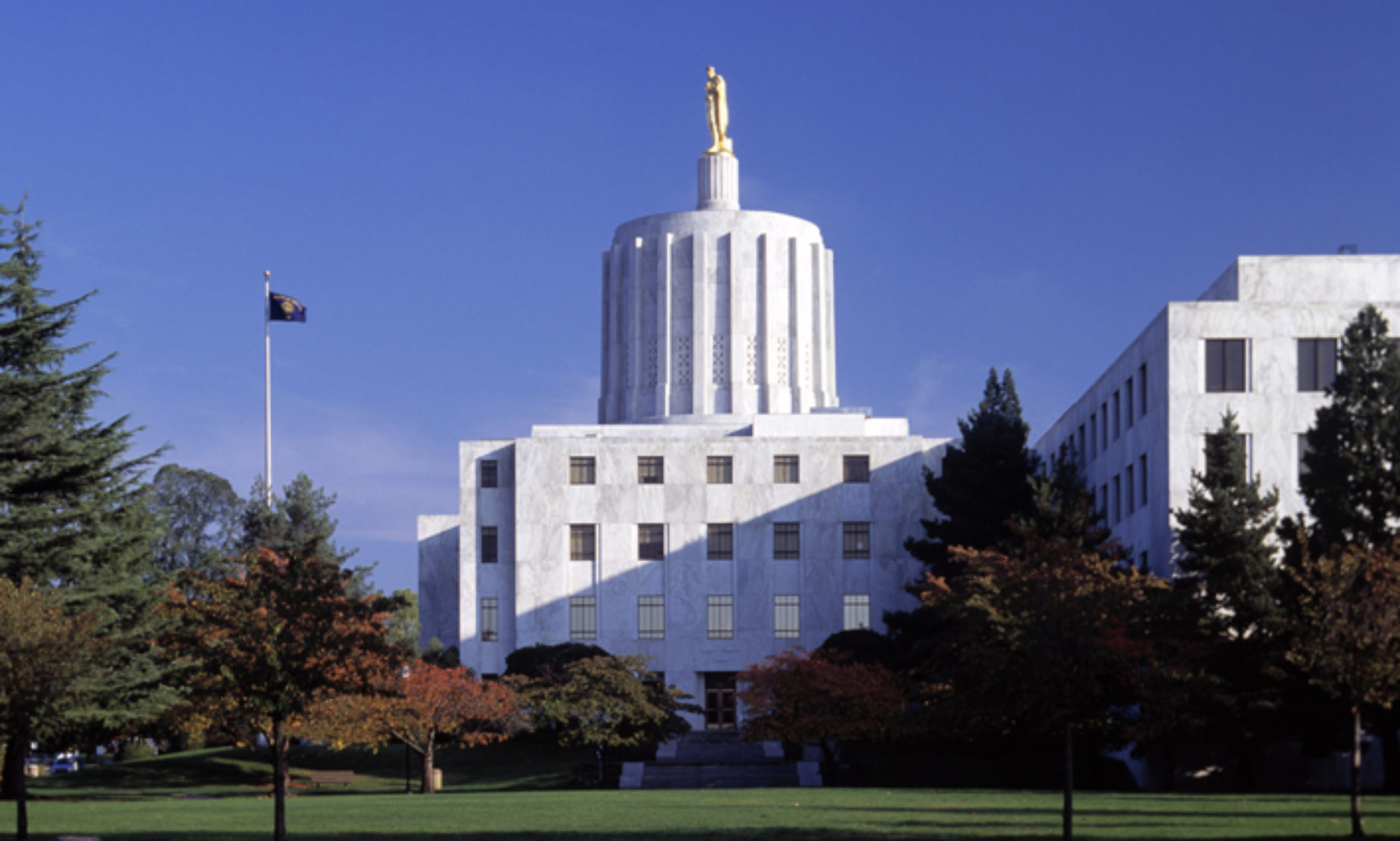Outraged demonstrators on our streets are pushing elected officials at all levels to consider a host of criminal justice reforms: a ban on tear gas, mandatory use of body cameras and a full reassessment of local law enforcement agencies’ budgets and responsibilities.
We’d like to add another: More transparency about police conduct.
Open Oregon, a member of the National Freedom of Information Coalition, shares the frustration of those stymied in their efforts to hold police agencies accountable.
And while calls for reforms have reached new heights, the lack of police accountability has plagued the system for decades.
In February this year, Michael Fesser, a black man, got a $600,000 settlement after his lawyers presented evidence that cops in the predominantly white Portland suburb of West Linn had harassed and falsely arrested him.
This occurred under the leadership of Chief Terry Timeus, who, years earlier, had been the subject of a wide-ranging misconduct complaint. A 100-page investigation of Timeus, paid for by the city in 2008, was hidden from the press at the time and Timeus continued to rise through the ranks.
What we still don’t know — because West Linn, like all Oregon police departments, keeps most personnel information secret — is how many officers quit, were forced to leave or were bought off when they complained about the ongoing internal problems.
“I’m aware of at least five who were paid to leave because they wanted to hold Timeus accountable and wanted a new chief,” says reporter Lee van der Voo, a former Open Oregon board member.
In 2017, The Oregonian/OregonLive published findings from a two-year investigation showing that dozens of Oregon police officers who had been fired for inept work (or worse) were still certified law enforcement officers with the ability to carry a badge and a gun.
After many challenges, The Oregonian/OregonLive won the right to see the misconduct records. But later, a Department of Public Safety Standards and Training (DPSST) official spelled out in an email to the Portland Police Bureau a way to keep those records from reporters in the future.
The lesson the public agency overseeing police certification had apparently learned? Figure out new ways to hide.
Two statutes are at the heart of why it can be so difficult to hold police in Oregon more accountable. One public records exemption keeps complaints confidential if police are disciplined. A separate state statute keeps investigations confidential if police are cleared of wrongdoing.
Police unions have even made these exemptions part of their contracts.
In both cases, records can still be disclosed if someone can successfully argue release is in the public interest. But “public interest” is not defined in law, and requestors must argue the right to see a record without knowing what the record contains.
To rebuild public trust, we must have proposals for public oversight.
Specifically:
-
- Findings of misconduct — either by state or local jurisdictions — should be by default available to the public;
- Findings of serious misconduct and terminations for cause should be posted online in a searchable database maintained by the state.
- DPSST decisions to withdraw or retain someone’s police credentials should be presumptively available to the public.
- Public bodies should be required to disclose any settlements related to police conduct, whether settled out of court or by insurance companies on the public body’s behalf.
Police are given the ultimate authority of government: the power to detain, the power to maim and even the power to kill. With that power must come the trust it will be used responsibly.
That trust today is perilously thin, particularly among black Oregonians. It will take many bold reforms to restore that trust.
Adding more transparency and accountability must be among them.
Shasta Kearns Moore, Acting President
Therese Bottomly, Treasurer
John Schrag
Emily Harris
Justin Mitzimberg
Dawn Albright
Norman Turill
Duane Bosworth
Nick Christensen
Kateri Walsh
